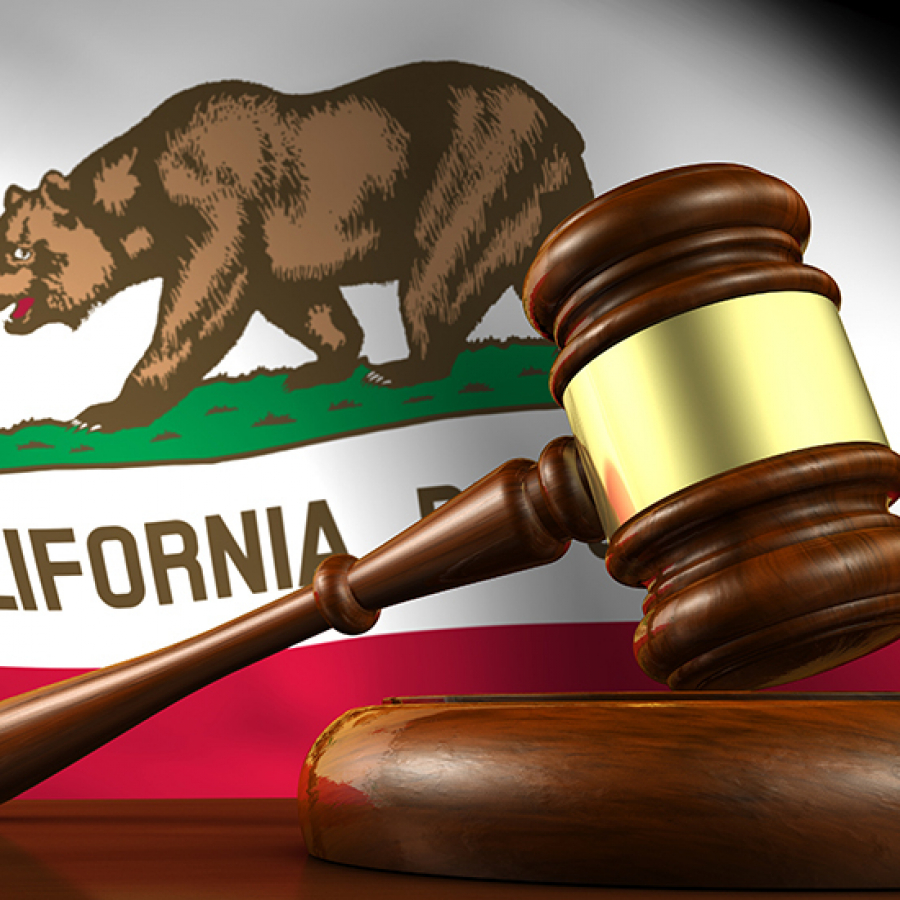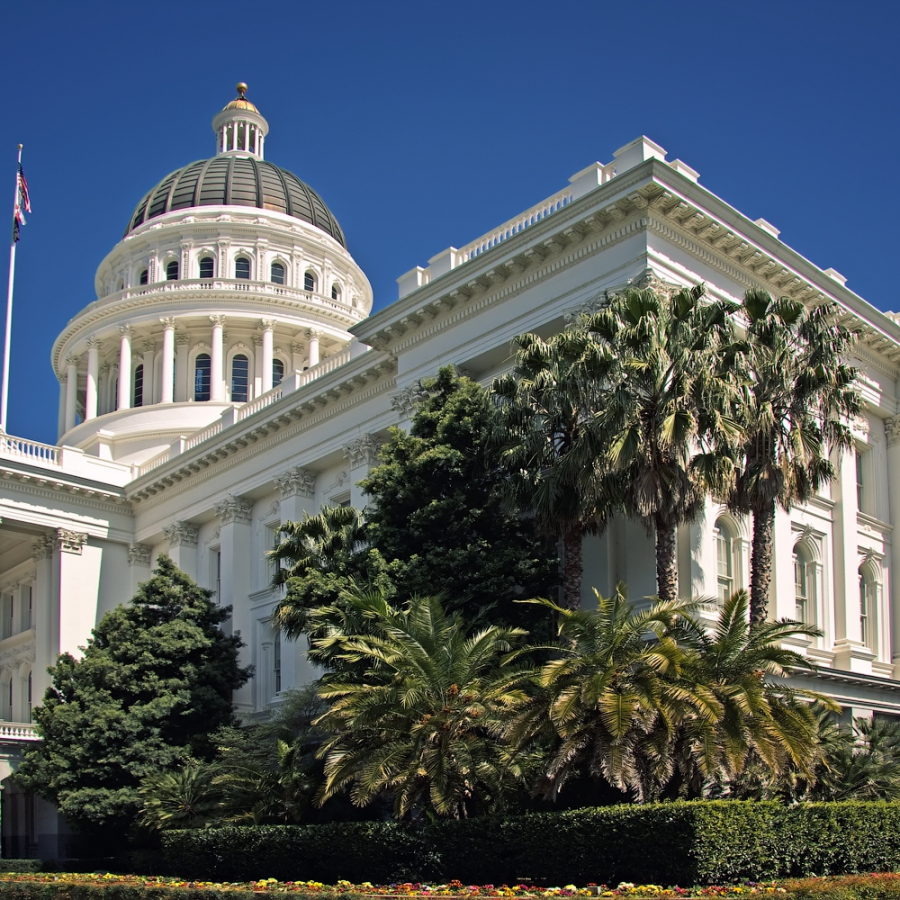
Legal
Inside AmSpa’s Legal Summaries: Breaking Down Med Spa Law by State
If you’re running a medical spa, you probably wear a dozen hats before lunch, provider, HR, marketing, IT, therapist, and ...

Show your committment to patient safety, legal compliance and community over competition.
AmSpa members receive preferred pricing on all AmSpa live and virtual trainings.
Get the latest news and information about safe, legal practice in medical aesthetics directly in your inbox.
Get access to med spa laws, in-person and online training and more!
Posted By Aly Boeckh, Thursday, December 14, 2017

By Alex R. Thiersch, JD, Founder/Director of the American Med Spa Association (AmSpa)

Many medical spas and medical aesthetic facilities thank their loyal customers and VIPs with events or parties during the holiday season, where people can undergo treatments while enjoying refreshments with friends and employees. However, despite the frivolity, medical spa owners and operators need to take care to observe all the rules and regulations that they would in the normal course of business. In fact, in a party setting, this might prove to be something of a challenge.
Principle among these concerns is patient privacy. In a party setting, it might seem like no big deal for operators and attendees to take pictures and post them on social media; in fact, it's the sort of behavior that a traditional retail outlet might encourage, since it shows customers having fun in an exciting setting. However, if photos of a party your medical spa is hosting are posted without a patient's consent, it is a violation of HIPAA and likely other state regulations related to patient privacy, since you are tacitly admitting that these are your patients. Make sure that anyone appearing in photos you want to post from the party has consented to you using his or her likeness in this fashion; this typically can be accomplished with a disclaimer on the invite, although you should check with your healthcare attorney to make sure that this covers you completely.
Also, regardless of where the party takes place—it's common for patients to host Botox parties, for example—you must observe the same procedures and protocols that you would in the course of your everyday business. In most states, the law requires that a physician must conduct a face-to-face consultation with each patient who seeks to undergo a medical procedure, and regardless of whether you're administering these treatments at a party or during normal business hours, they are medical in nature and subject to the rules and regulations that govern medical procedures in your state. (AmSpa members can check the legal summary of medical aesthetic laws in their state.) So by the letter of the law, a physician or licensed practitioner (such as a nurse practitioner or physician assistant) must take a history, conduct a physical and administer an examination to each patient.
After a successful consultation, the patient's treatment can commence, and while that treatment does not necessarily need to be conducted by a physician or licensed professional, you must make sure that proper supervision is provided. Provided the procedure falls within their scopes of practice, non-licensed professionals—such as laser technicians or nurses—may perform the actual treatments in lieu of a physician. However, a licensed professional must be available during the treatment, should the non-licensed professional require his or her assistance.

It is a good idea to make sure that a physician or another licensed professional is always on-site while medical procedures are being performed. Most medical spa treatments have very little risk of complications or negative outcomes, but if one should occur at one of these parties, the presence of a licensed professional will help protect the business against charges of impropriety.
This might seem like a lot of trouble to go to for a party, but the last thing in the world you want is for your state board of health to leave a citation in your stocking. Make sure all your legal bases are covered, and have a happy holiday season!
Related Tags
Medical spa news, blogs and updates sent directly to your inbox.

Legal
If you’re running a medical spa, you probably wear a dozen hats before lunch, provider, HR, marketing, IT, therapist, and ...

Legal
California has now passed two laws that will have an effect on how investors, health care entities and management services ...

Legal
A newly passed law in California will prohibit certain contractual provisions between medical and dental practices and private equity groups ...

Legal
By Patrick O'Brien, General Counsel, American Med Spa Association (AmSpa)The September bulletin from the Texas Medical Board (TMB) helps to ...